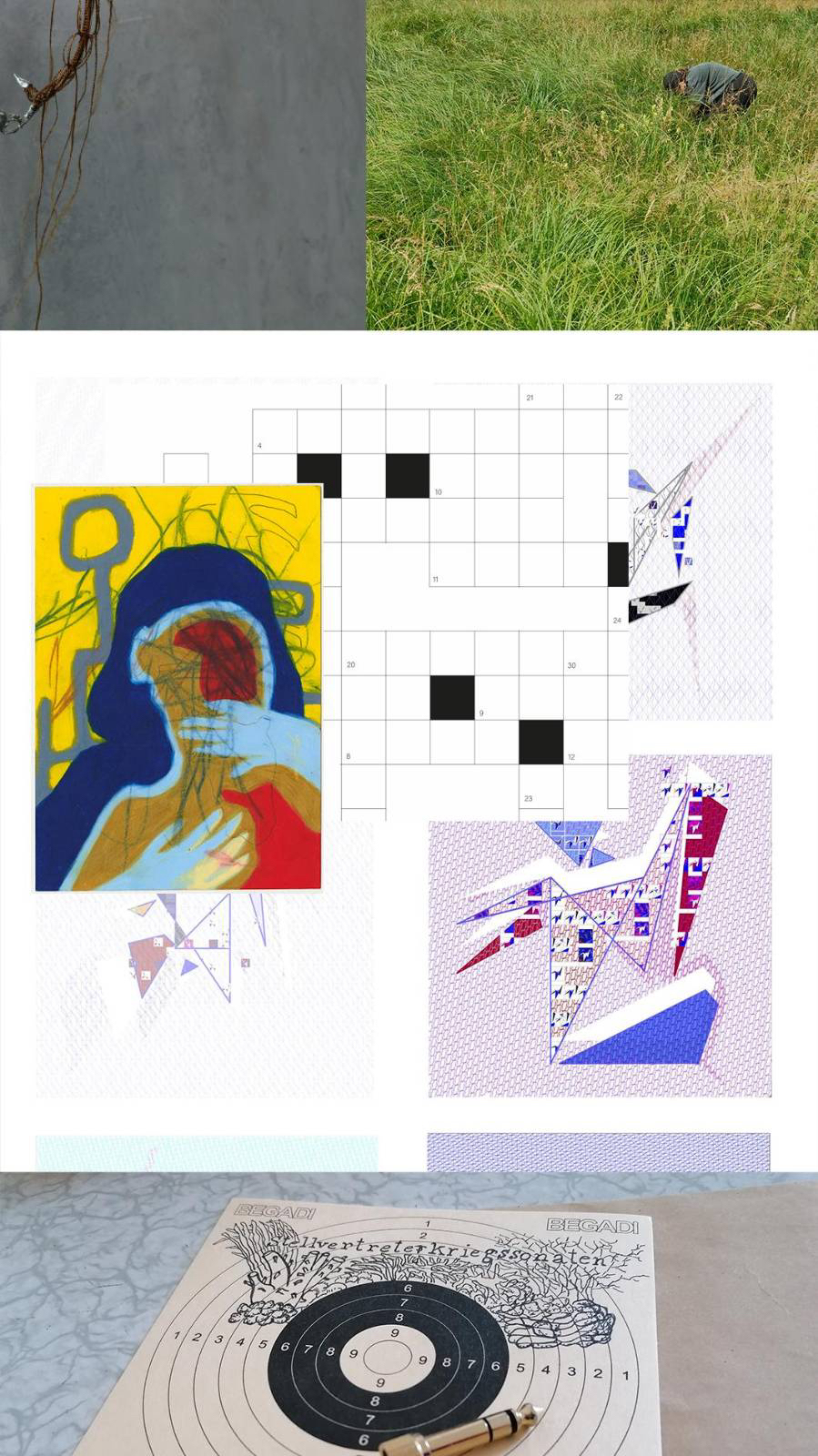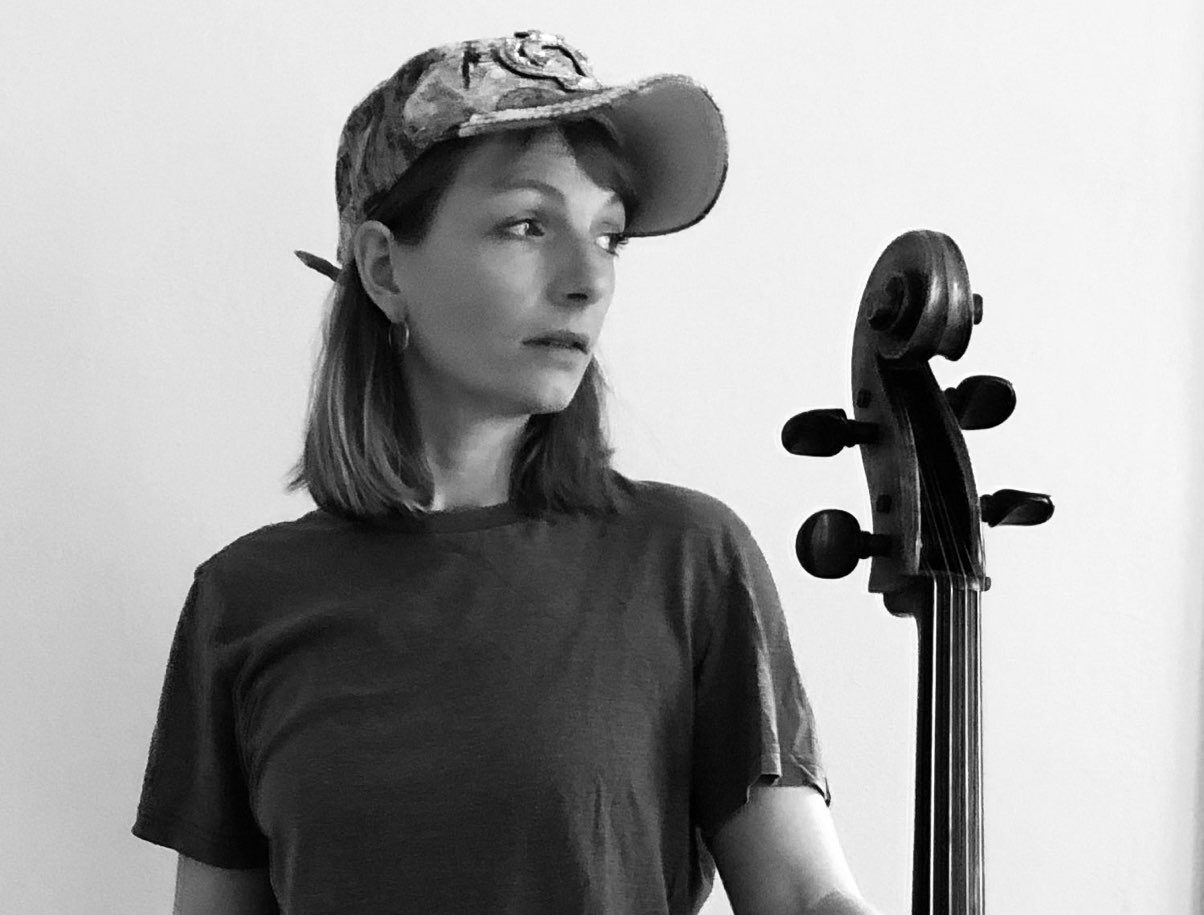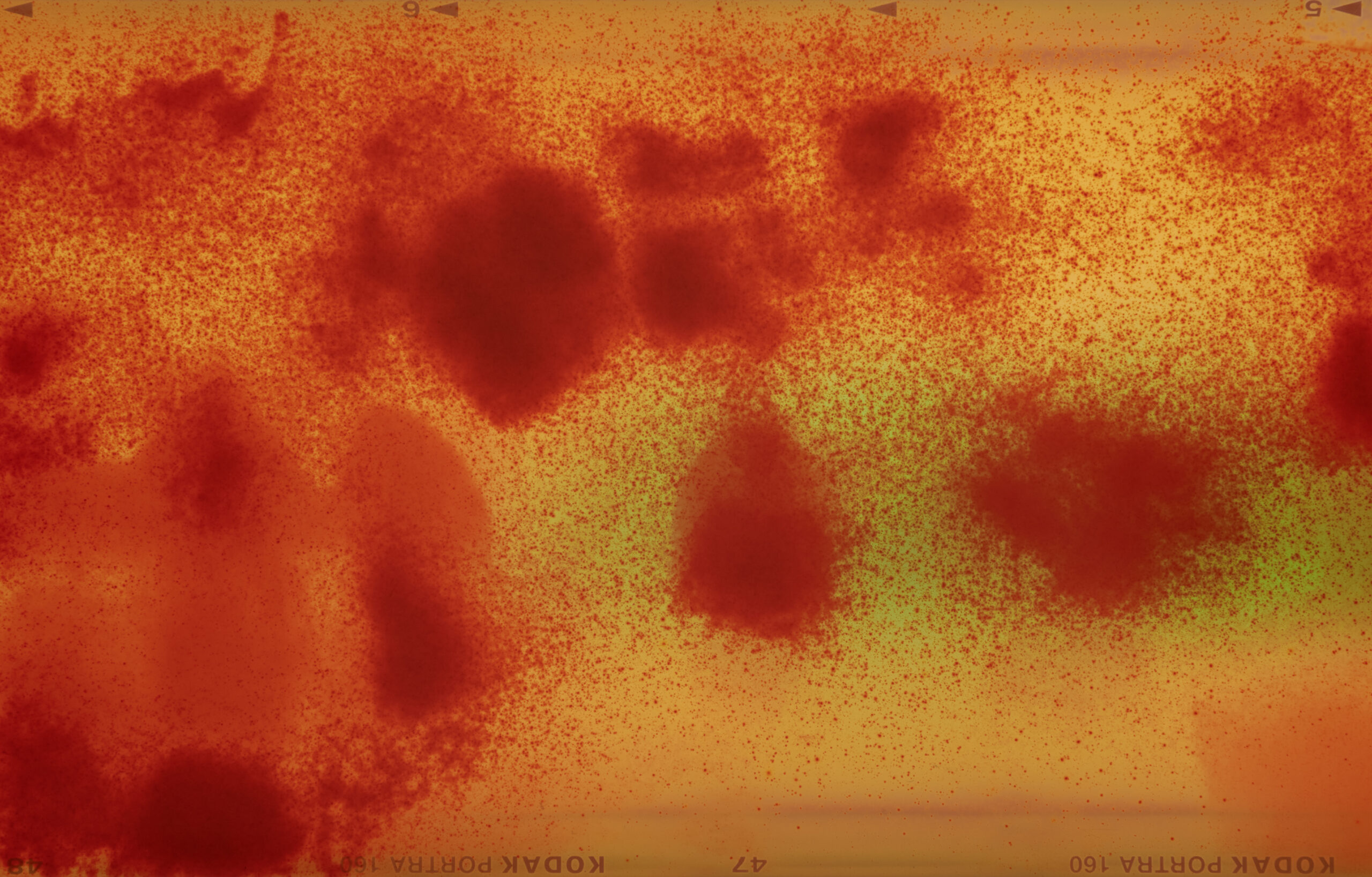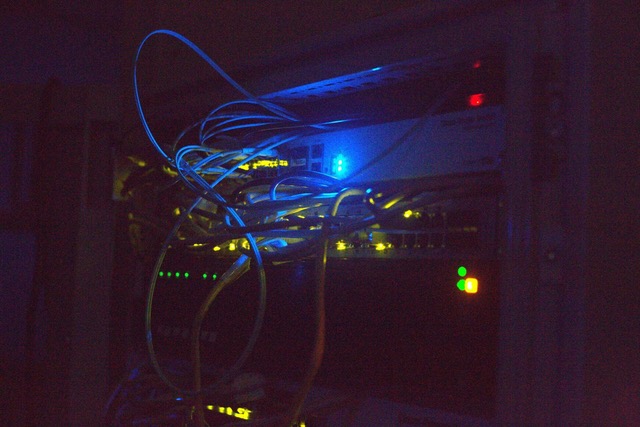

Location
Jägerstr 52-54
1200 Wien
-

My Tool, My Choice**
Read more: My Tool, My Choice**Group exhibition by students of the course “Technologies/Practices | Digital Communication and Media Worlds” with DOMINIK EINFALT, LIDIA FILATOVA, RYTA KULYK, TARA LUGER, JOHANNA PAULER, RUBEN ZELLWEGER, MARTA KAROLĪNE ZIŅĢĪTE WHEN: Sat, 24.1.2026, 11:00 Vernissage and Presentations 12:00 Body Initiation 12:30 Data measurement by the experts (collective ‘Bahnhofstraße 7’)\ Sat, 24.1.2026 – Fri, 30.1.2026 Exhibition Fri, 30.1.2026, 19:00 Closing Opening hours: So / Sun, 25.01.2026, 13:00-16:00 Mo / Mon, 26.01.2026, 13:00-16:00 / 17:30-19:30further opening…
-

vanish. deflate by Verena Tscherner
Read more: vanish. deflate by Verena TschernerDeflateable, 3D prints, sound installation Verena Tscherner, 2025 Curated by Anna Watzinger (Mz*Baltazar’s Laboratory) when: Vernissage: Friday 05.12.2025, 7pm Exhibition period: 06. – 19. 12. 2025 Exhibition opening hours (the artist is present): 09.12. – 11.12.25, 2pm – 5pm & 16.12. – 18.12.25, 2pm – 5pm Finissage & Xmas drinks: Friday 31.10.2025, 7pm ABOUT THE EXHIBITION A motion sculpture…
-

Mz* Baltazar’s Generationswechselmanifestationsmoment
Read more: Mz* Baltazar’s GenerationswechselmanifestationsmomentMz* Baltazar’s Generational-change-manifestation-moment Works, Videos, Sounds and Objekts showcasing the composition of the collective Mz* Baltazar’s across time. FeaturingPatrícia J. Reis, Margo Dubovska, Stefanie Wuschitz, Olivia Jaques, Erika Farina, Lale Rodgarkia-Dara, Evamaria Müller, Anna Watzinger, Sarah Wilhelmy WHEN: Curated by Mz* Baltazar’s Laboratory. Session 1: 30. November 2025, 19:00 h Session 2: 11. January 2026,…
-

In the loop: a sound is a sound is a sound
Read more: In the loop: a sound is a sound is a soundWorkshop by Laura Pudelek WHEN 30.11.2025, 14–17h please send an email to olivia.jaques@mzbaltazarslaboratory.org In the Loop: A Sound is a Sound is a Sound – From Amplification and Looping to Creative Output This workshop invites anyone who wants to take an experimental and playful approach to effects devices. Together, we will dive into the world of amplified…
-

Dunkelkammerdialoge by Corinne Futterlieb und Claudia Rohrauer
Read more: Dunkelkammerdialoge by Corinne Futterlieb und Claudia RohrauerALL WELCOME! We apologize for the wrong info on our event page! organized by Anna Watzinger (Mz*Baltazar’s Laboratory) Vernissage: Friday 24.10.2025, 7pm Introduction: Ruth Horak Exhibition: 25. – 31. Oktober 2025 Opening hours: Thursday – Sunday, 3pm – 7pm Artist Talk: Sunday 26.10.2025, 4pm Moderation: Margit Neuhold Finissage: Friday 31.10.2025, 7pm Corinne Futterlieb (CH) and Claudia Rohrauer (AT) share a…
-

Introduction to community-based media platforms and tools
Read more: Introduction to community-based media platforms and toolsMonday 13. October 2025, 6 – 9 pm open event (no registration needed) The Internet and commercial social media have stopped being a safe space for FLINTA*people a long time ago (if they ever been), but before deleting all your social once and forall, let’s try something else! This workshop is an introduction to the…
-

UNFLYABLE KITES
Read more: UNFLYABLE KITESby T(n)C when: 29 November, 11am-3pm Registration via patricia.reis@mzbaltazarslaboratory.org The workshop addresses FLINTA* people and allies where: Mz. Baltazar’s Laboratory, Jägerstraße 52-54, 1200 Wien ABOUT This hands-on workshop introduces accessible methods of 3D scanning and artistic modeling with physical objects within a playful setting. Using found and leftover materials, participants experiment with small-scale sculptural making, discovering how…




